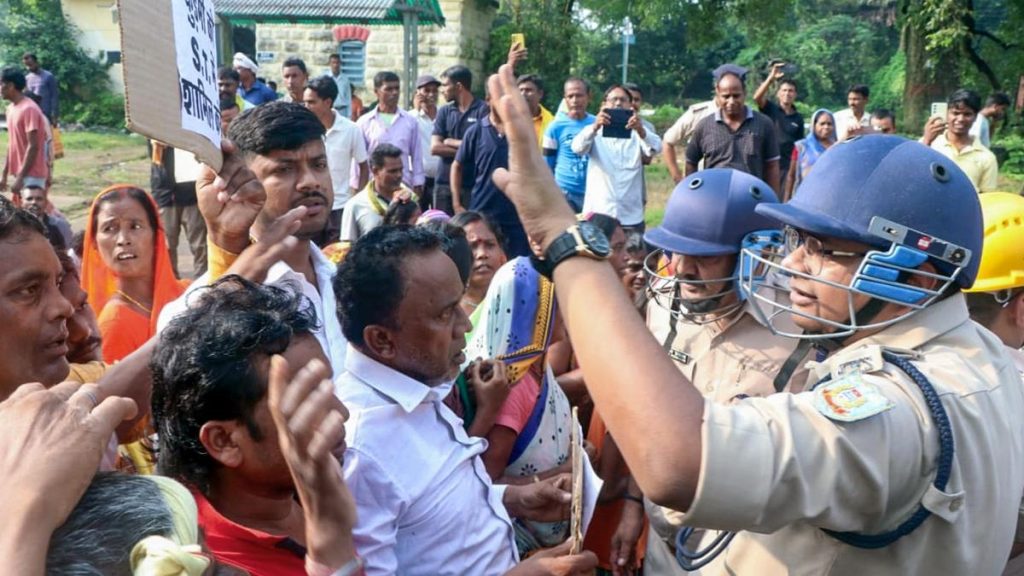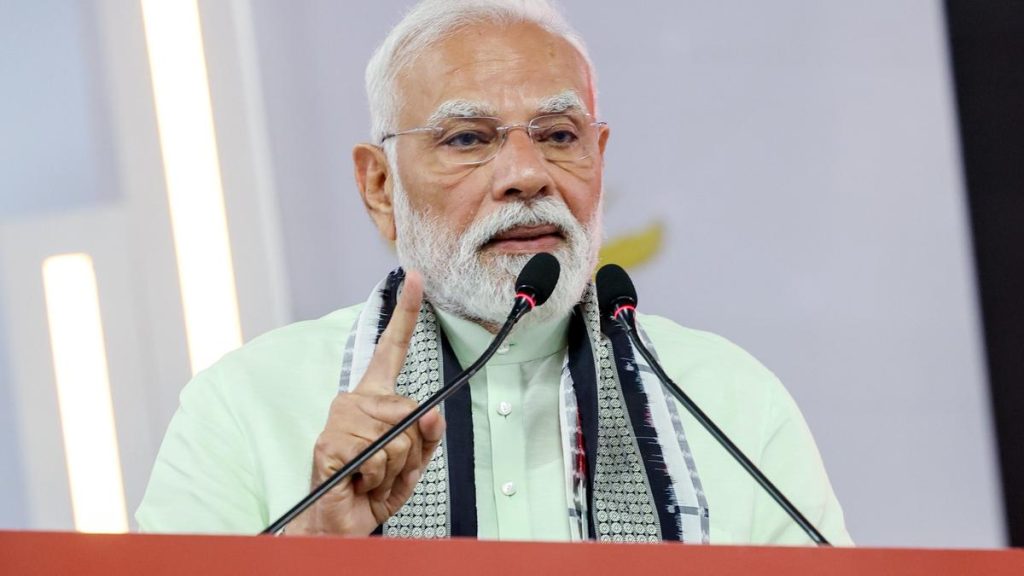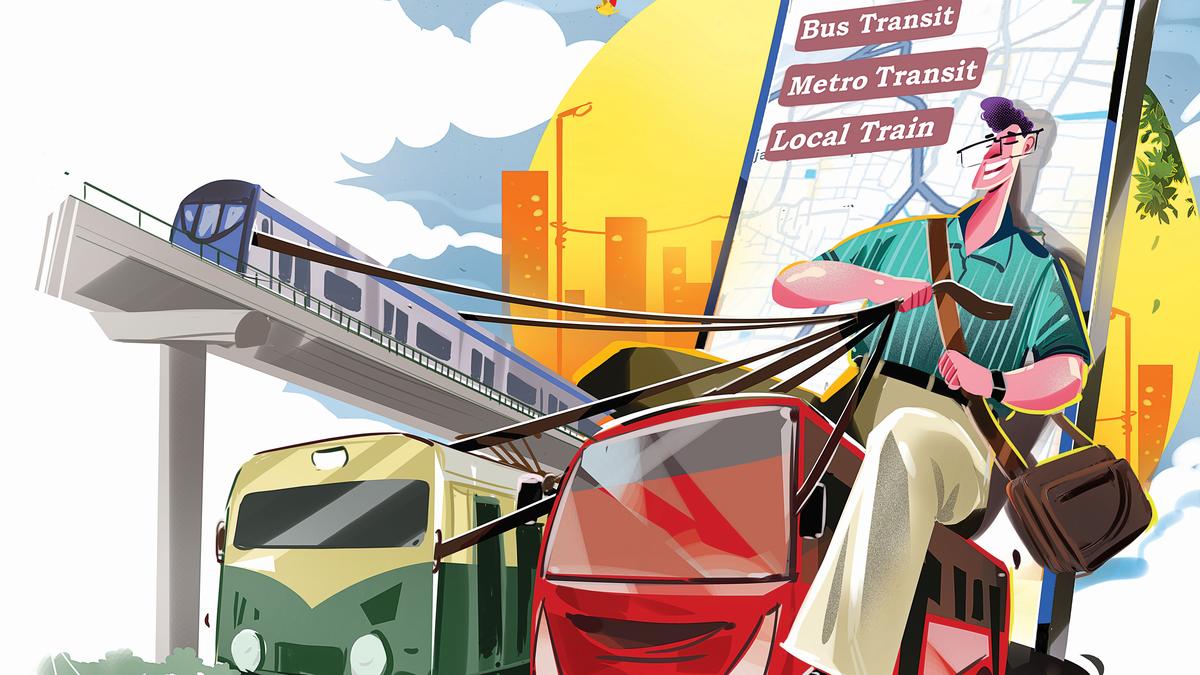Now Reading: JD(U) Confirms Nitish Kumar as NDA’s CM Face: Sanjay Jha
-
01
JD(U) Confirms Nitish Kumar as NDA’s CM Face: Sanjay Jha
JD(U) Confirms Nitish Kumar as NDA’s CM Face: Sanjay Jha
Quick Summary
- Historical Context: JD(U) has been in power as November 2005 under Nitish Kumar, credited for improving law and order, infrastructure, and introducing pro-women policies like Jeevika.
- Economic challenges: Despite progress, Bihar remains economically weak with 34.13% of households earning ₹6,000 or less per month as highlighted by a caste survey. investments are gradually improving according to JD(U).
- Electoral Roll Revision (SIR): This initiative by the Election Commission is aimed at cleaning electoral rolls; opposition claims it is “vote theft.”
- Recent Electoral Performance: JD(U) saw declining seats since 2010 but holds optimism about upcoming elections due to alliance dynamics with NDA and development initiatives.
- Liquor Prohibition Policy: While controversial for fostering liquor mafia in border areas, the policy is noted as positively impacting rural women’s socio-economic conditions.
- Leadership Stability Assertions: The party affirms Nitish Kumar’s continued leadership amidst speculation about his health or potential leadership changes within NDA.
- Upcoming Elections Outlook: JD(U) expects smooth seat-sharing negotiations within NDA and dismisses speculations about potential disruptions by Prashant Kishor.
Indian Opinion Analysis
As Bihar approaches crucial elections in 2025, the key issues revolve around long-standing challenges such as poverty alleviation and economic development alongside governance priorities like law enforcement and women’s empowerment. While JD(U)-led initiatives showcase tangible improvements-better roads, rural schemes-the state still grapples with deep-rooted socio-economic disparities evident from caste surveys.
Electoral roll revision under SIR highlights an ongoing debate between ensuring voter authenticity versus perceived suppression allegations-a recurring theme across India. Nitish Kumar’s position at the helm appears secure despite fluctuating electoral fortunes; however, maintaining trust amongst allies in NDA will be critical moving forward.
Prohibition’s impact underscores complexities of balancing social reform against unintended outcomes like illicit trade-a predicament not unique to Bihar but reflective of broader governance dilemmas. As investments trickle into the state enabling industrial growth efforts across districts, these elections may set a pivotal trajectory for Bihar’s future economic landscape.
Read more: The Hindu

























